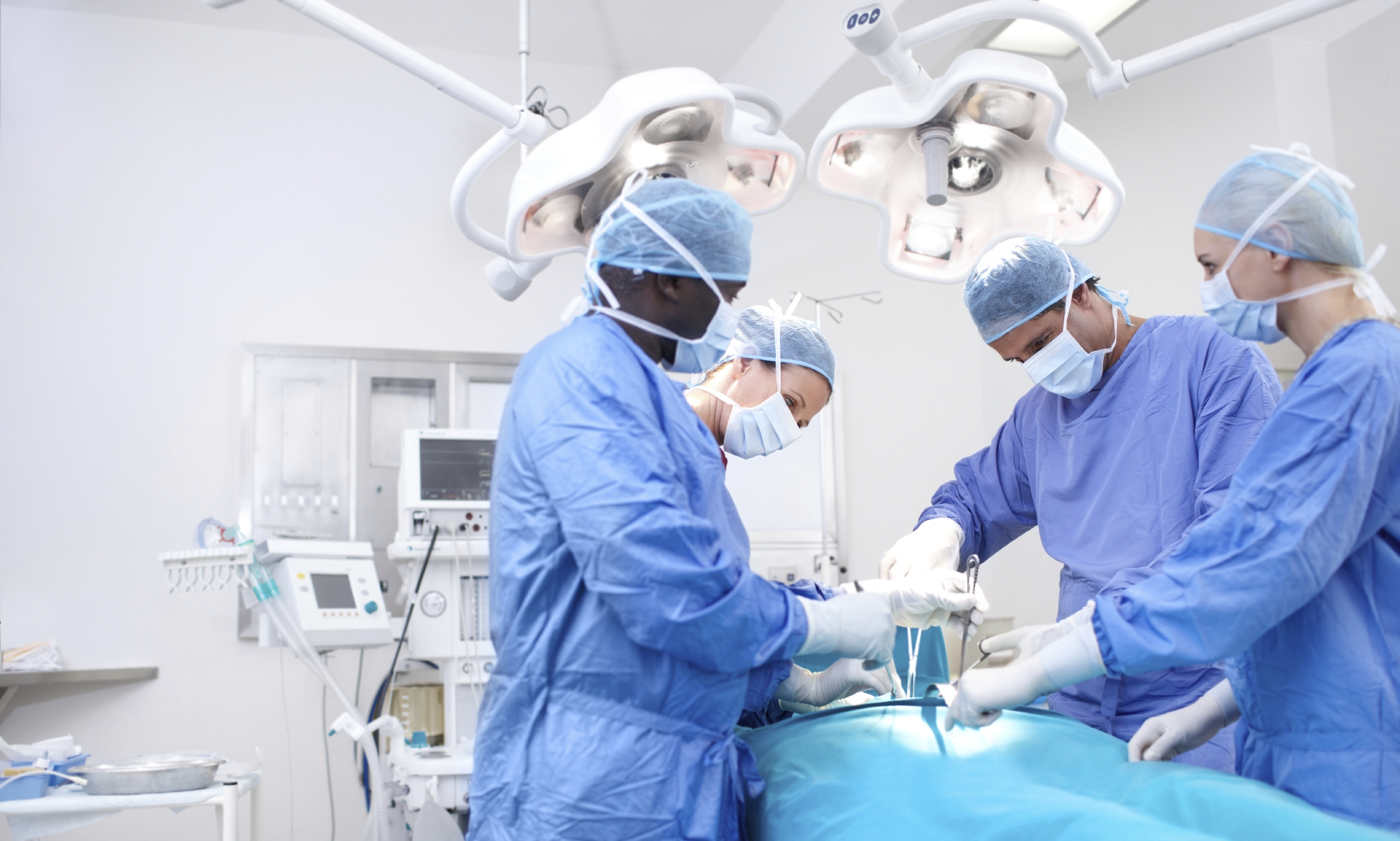How is oesophageal cancer treated?

On this page:
Your treatment will depend on several factors:
- The type of oesophageal cancer
- The stage of your cancer
- Where it is within the oesophagus
- Your general health
What kind of treatment will I have?
- Surgery: An operation to remove the cancer.
- Chemotherapy: Drugs to slow down and control the growth of cancer.
- Radiotherapy: High-energy rays to destroy the cancer cells.
These treatments can be used alone, or in combination.
Surgery
Surgery aims to remove the part of the oesophagus containing the tumour. Surgery is the most common treatment for oesophageal cancer. Surgery is possible if the tumour is only found in one small section of the oesophagus. Read more about oesophageal cancer surgery.
Chemoradiation
Often you will have chemoradiation (chemotherapy and radiotherapy together) to reduce the size of the tumour before surgery. The chemotherapy drugs make the cancer cells more sensitive to radiation.
Chemotherapy
Chemotherapy is the use of drugs to cure or control cancer. Chemotherapy can be given before surgery to shrink the tumour and make it easier to remove or after, to lower the risk of the cancer coming back. You may also have chemotherapy both before and after your surgery. This is common with adenocarcinoma.
Many oesophageal cancer patients receive a combination of two or three chemotherapy drugs. These drugs can be injected into your bloodstream or given in tablet form. Your specialist nurse should give you a list of the chemotherapy drugs you will receive and explain the side-effects. Read more about chemotherapy.
External radiotherapy
This uses high-energy rays to kill or shrink cancer cells. The rays are aimed directly at the tumour in your oesophagus. It can be given before surgery to shrink the tumour or after surgery to kill any cancer cells left behind to prevent the cancer coming back.
With advanced cancer, radiotherapy can also help to relieve symptoms like pain or difficulty swallowing. Read more about radiotherapy.
Internal radiotherapy (brachytherapy)
The radiation source is placed into your oesophagus for several minutes. It will release radiation and kill the cancer cells. It causes little or no damage to the nearby healthy tissue.
Read more about brachytherapy for oesophageal cancer.

Treatments for difficulty swallowing
If you have difficulty swallowing you may have treatment to relieve this. The most common treatment is stenting. Read more about treating swallowing difficulties.
Will I get side-effects?
The type of side-effects you get will depend on the type of treatment, the dose, the duration and your own general health. Your doctor or nurse will discuss any possible side-effects with you before your treatment. Eating and swallowing difficulties are common with oesophageal cancer. Read more about coping with cancer side-effects and symptoms.

Difficulty swallowing (dysphagia – “diss-fage-ee-a”)
Difficulty swallowing can be caused by the tumour itself or if the oesophagus is narrowed after surgery or radiotherapy. There are treatments that can help this problem. Read more about managing swallowing problems.
Treating oesophageal cancer that has spread (metastatic cancer)
Metastatic or secondary oesophageal cancer means the cancer has spread to other parts of the body. For example, the liver or lungs. If it has just spread to the area around the oesophagus it is called local spread.
If you have metastatic oesophageal cancer, your doctor will aim to slow down the growth of the cancer and reduce or relieve any symptoms you have. Treatment includes surgery, chemotherapy and radiotherapy. You may also be suitable for a clinical trial. You may also have treatment to manage any symptoms from your cancer. This is called symptom control or palliative care. Read more about metastatic cancer.
For more information
Phone
1800 200 700




